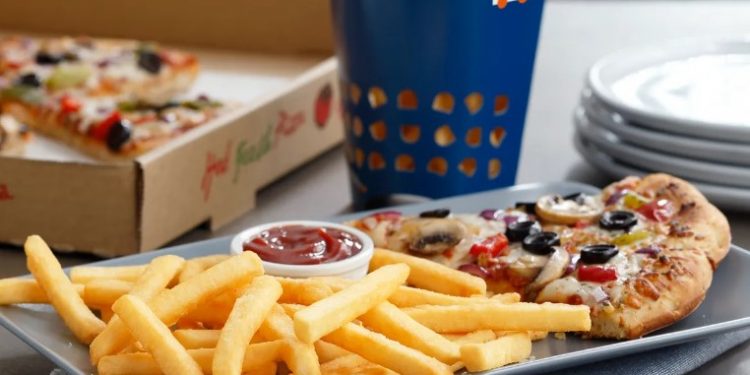Lamb Weston, a prominent French fry manufacturer, is set to close an aging, high-cost processing facility in Connell, Washington, as part of a restructuring effort in response to declining demand for its frozen potato products among restaurants and retailers. This decision includes temporarily reducing production lines and schedules across its North American operations.
The company plans to reduce its workforce by 4%, translating to around 428 jobs, along with the elimination of unfilled positions. As of July 17, Lamb Weston employed approximately 10,700 individuals.
According to Tom Werner, Lamb Weston’s CEO, the company is facing ongoing challenges in demand relative to supply, which he anticipates will remain weak throughout the remainder of fiscal 2025.
This move positions Lamb Weston among several food companies that have recently opted to streamline operations by cutting jobs and closing outdated production facilities to lower operating costs and align output with the sluggish consumer demand.
As consumers reduce dining out and cut back on spending, food producers like Lamb Weston are swiftly adapting their business strategies. Companies are under increasing pressure to enhance margins and boost sales, often looking internally to identify cost-reduction opportunities.
With limited short-term improvement expected, Lamb Weston has initiated a restructuring plan aimed at driving operational efficiency and improving cash flow. This overhaul is projected to yield about $55 million in pre-tax cost savings and a decrease in working capital by fiscal 2025.
Werner stated, “We expect these actions will help us better manage our factory utilization rates and alleviate some of the current supply-demand imbalance in North America.”
Several other companies have also announced changes to their manufacturing networks in 2024 to cut expenses and prepare for future growth. Notably, Flowers Foods, which produces Wonder bread, plans to close a bun-making plant in Louisiana, while Bimbo Bakeries USA, which manages brands like Entenmann’s and Sara Lee, will close two facilities in New York and another in Texas. Additionally, Dr Pepper intends to shut down manufacturing plants in Virginia and Vermont, while investing in its coffee roasting facility in South Carolina.
In May, Campbell Soup announced the closure of one plant and a reduction in the size of another, while simultaneously committing $230 million through fiscal 2026 to invest in newer, more efficient plants to enhance its supply chain competitiveness.







